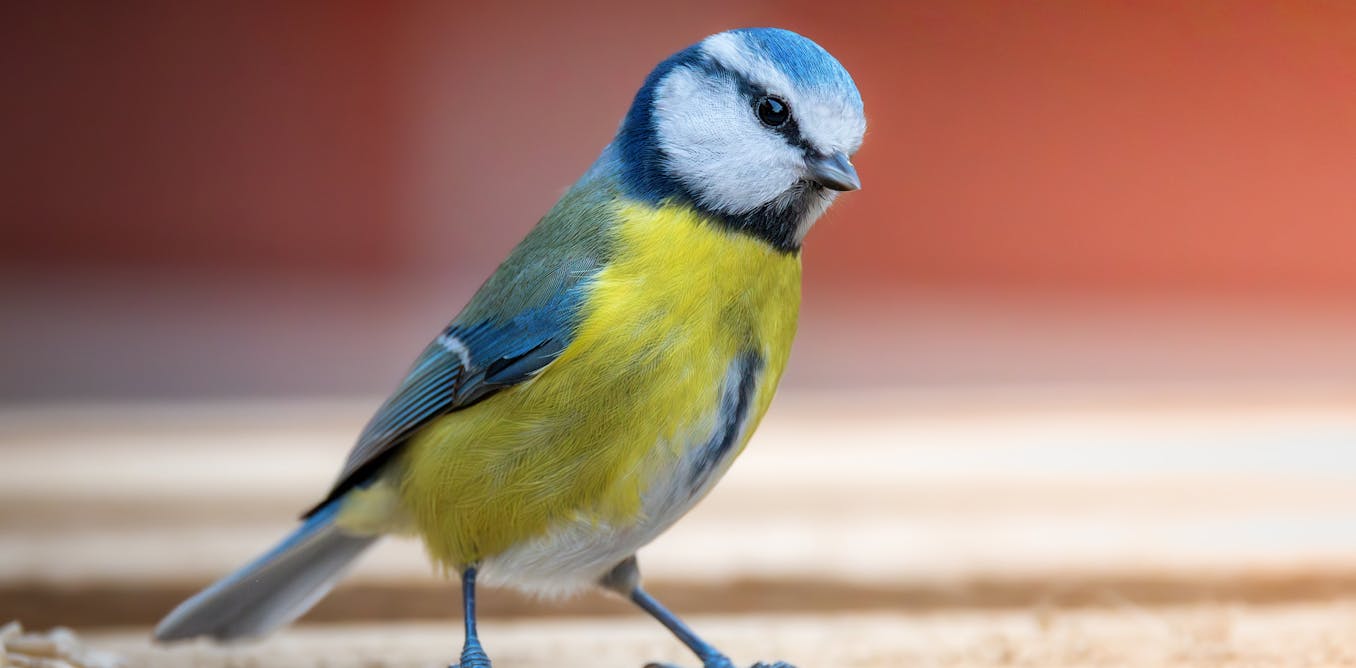Although it’s one of her greatest hits, La India was hesitant about recording “Ese Hombre,” the 1994 song that ultimately became a certified anthem for Latin women across generations. “I thought the lyrics were too harsh,” the Puerto Rican-born star says today. “I love men and I didn’t feel anger towards them. I thought, ‘How am I going to sing this?’”
Finding inspiration from one of her favorite artists (Rocío Jurado, who sang the song in the ’70s) and a nudge from renowned hitmaker Sergio George (who produced her breakthrough 1994 album Dicen Que Soy, home to “Ese Hombre,” and assured her the song would be a hit), La India belted the lyrics, about a man who is “a false, vain clown who is also mean and spiteful,” over her signature blend of salsa with an R&B and hip-hop sensibility. Singing with so much conviction, and with her unmatched vocal prowess, she inevitably became the voice of a generation, and a fixture in salsa music.
The track peaked at No. 1 on Billboard’s Tropical Airplay chart, where it ruled for five weeks. In fact, she has a total of 11 leaders on that tally, most of any woman artist. Over on the Tropical Albums chart, she’s had 15 career entries – also the most for any female act – with six reaching No. 1, including Dicen Que Soy, which also featrures her timeless Marc Anthony duet “Vivir Lo Nuestro.”
Born Linda Caballero, the 55-year-old artist comes from a musical family. Both her mother and grandmother were singers and took notice of La India’s vocal abilities early on. “My grandma nurtured me with music,” says La India, who grew up in the South Bronx area in New York listening to myriad genres, including hip-hop, salsa, pop and rock. “At five [years old], I could sing songs from beginning to end, a cappella and on key.” In her teen years, she joined freestyle and house music group TKA, and says she’s “very proud” of the dance projects she released in her early 20s.
But salsa was her destiny, she adds.
“When I transitioned into salsa, everyone around me was scared at the beginning — but I wasn’t,” she says. “It was just a matter of me feeling the difference between downbeat and upbeat clave. So, I went in with my style: bringing soul, R&&, hip-hop to salsa music.”
Considered “La Princesa de la Salsa” — a moniker bestowed upon her by the great Celia Cruz, known as “La Reina of Salsa,” who La India humbly calls her godmother — La India’s powerful vocals drew the attention of stars like Eddie Palmieri, who she met in a studio session and who produced her first salsa album in 1991, and the iconic Tito Puente, with whom she went on to record a Latin jazz album. Then she teamed up with Sergio George for Dicen Que Soy, which won tropical/salsa album of the year by a female artist at the second annual Billboard Latin Music Awards.
“It’s the most innovative album of the 90s. It changed my life,” La India says. “It was huge on radio, and from there on we never looked back.” It’s an album that she also “spiritually dedicated” to Cruz, her idol. “Throughout her years of great music and excellence, she never saw me as a rival. She welcomed me into salsa tropical and said, ‘You’re going to hold your own and you’re the princess of salsa’ – she blessed me with that. In a genre dominated by men she opened doors for me. I look upon her for my strength. I continue to celebrate her, and I know she would be proud of me today.”
Set to be honored with the Pioneer Award at Billboard Latin Women in Music 2024, La India has, across four decades, gifted women with anthems that make them feel powerful, something she doesn’t take for granted.
“I knew that through my singing, I was born to make people feel emotions,” she explains. “When I sing, I don’t just sing to sing. We’re here to do music that will last forever, and I’m proud of that.”
Billboard Latin Women in Music 2024 will air exclusively on Telemundo Sunday (June 9) at 9 p.m. ET, and will also be available on the Telemundo app and on Peacock.

The post “How La India Revolutionized Salsa Music & ‘Never Looked Back’” by Griselda Flores was published on 06/05/2024 by www.billboard.com






































